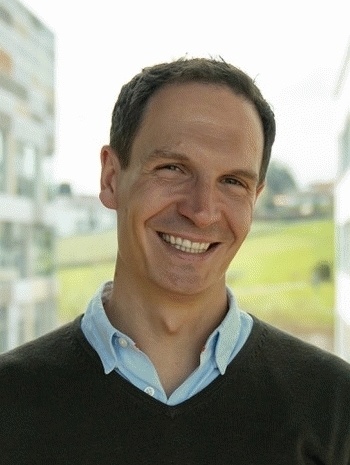
The eternal sunshine of the fearless mind - Recent insights into remote fear memory attenuation
Description
Special Seminar with Johannes Gräff, PhD, Swiss Federal Institute of Technology
September 28, 12:00 - 1:00pm
46-3310 (Picower Seminar Room)
Talk Title: The eternal sunshine of the fearless mind - Recent insights into remote fear memory attenuation
Abstract: Fear and traumata generate some of the longest-lived memories, which contributes to the elevated life-time prevalence of stress and anxiety-related disorders. Despite the corresponding need to better understand how such long-lasting fear memories can be attenuated, surprisingly little is known about this process. In this talk, I will present our recent efforts that help to better understand remote fear memory attenuation from a circuit, cellular and molecular perspective. These findings have revealed that remote fear memory attenuation is mediated by the re-engagement of the original memory trace of fear, rather than its suppression; and that the attenuation of remote fear memories relies on a different circuitry than that of recent ones.
Bio: Johannes Gräff is Associate Professor at the Brain Mind Institute of the School of Life Sciences at Swiss Federal Institute of Technology (EPFL), Switzerland. Of Swiss origin, he obtained his PhD under the guidance of Isabelle Mansuy at ETH Zürich, and conducted his postdoctoral studies in the laboratory of Li-Huei Tsai at the Picower Institute of Learning and Memory at MIT. Since setting up his own research group in 2013, Johannes has become a NARSAD Independent Investigator, an MQ fellow, a Vallee Scholar and a founding member of the FENS-KAVLI Network of Excellence. In 2014, he has received the Young Investigator Award of the Swiss Society for Biological Psychiatry, and in 2020 the Boehringer Ingelheim FENS Research Award.

